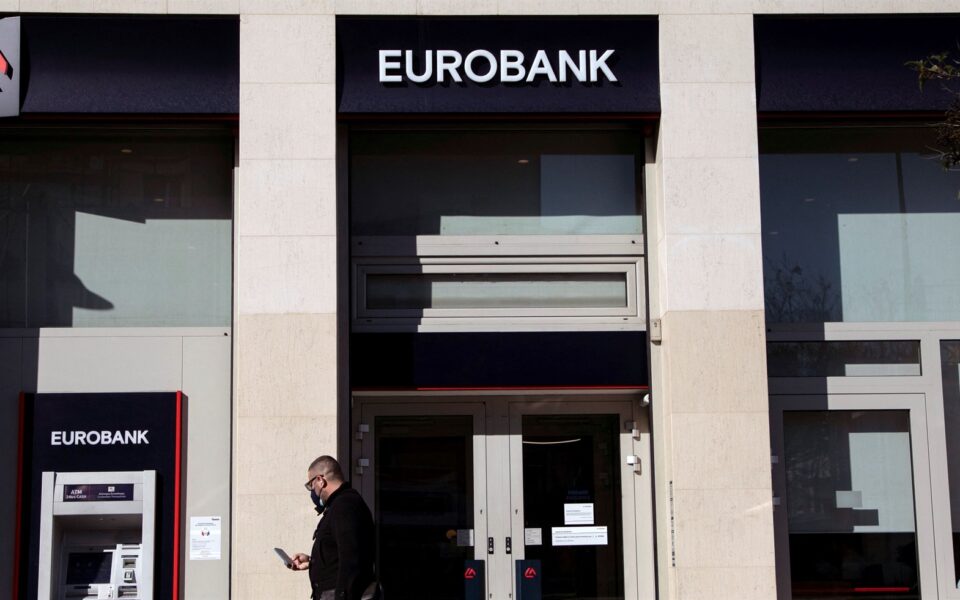Celebrating the economic loss

Several financial reporters are celebrating – some even more than the government – the “privatization” of Greece’s systemic banks – those whose rescue taxpayers are still paying for. The banks were saved but the Greek citizens were burdened with a total of 57 billion euros in debt, from the time of then finance minister Giorgos Alogoskoufis (March 2004 – January 2009) onward, paid in order to keep the banking system afloat.
Instead of that money, all they will get back is about 3 billion euros and some change, which will go toward paying off the debt. Many arguments have been made in favor of the “below-price” sale of the bank shares held by the Hellenic Financial Stability Fund (HFSF). The best is that Greek banks paid heavily for the reduction of the country’s public debt, through the 2012 private sector haircut, known as the PSI, which restructured Greek debt held by private investors. This is true, since Greek banks had by far the greatest exposure of any eurozone country to domestic government bonds, which should make us wonder about the sound judgment of bank executives.
Perhaps it was the logic of Christos Polyzogopoulos, then head of Greece’s largest umbrella union, GSEE, who reassured the public about the sustainability of the insurance system with the argument “the state will go bankrupt before any social security funds do.”
On the other hand, banks were not the only economic agents that invested in the sustainability of the state’s coffers. One million civil servants thought that their salary would always be secure. They were wrong, but they did not have the HFSF to cover the damages. Apart from civil servants, the crisis affected everyone. Thousands of small business owners went bankrupt and are now running to the debt collection agencies to repay their debts, while the average real salary of employees in 2023 is 12% less compared to 2009, based on a Eurobank Research report published in October.
I honestly don’t know what should or could be done. Many of the related analyses on the subject look like hieroglyphics to an economics graduate like myself. But it adds insult to injury to see ministers and various officials celebrating the fact that the state is selling something for which it paid 57 billion euros for 3 billion euros! Not to mention those who rename the incredible economic loss “reform.”
In the mecca of capitalism, the US was forced to strengthen its banking system. But there “profits arose for the state from the TARP investments in the banking sector ($30.4 billion in profits on the initial investment of $245.5 billion or a return of +12.4%),” according to an analysis published by the Center of Planning and Economic Research (KEPE) on November 2. I wonder, if those who are now celebrating this huge loss from the sale of banking stocks had actually made a profit, how would they have reacted? Would they have taken to the streets with flares?





